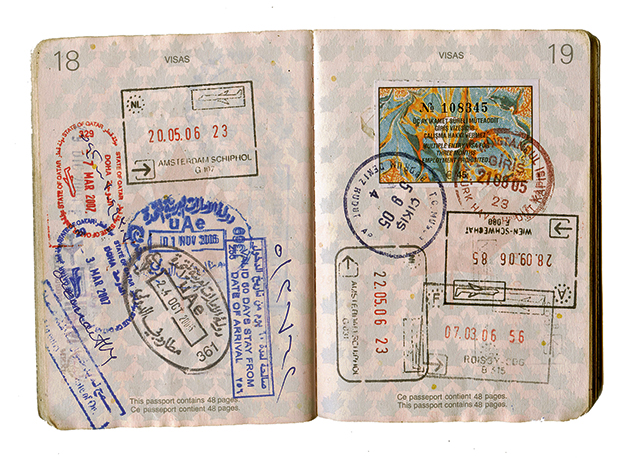Learning takes on a foreign accent
The UK is hot in 2014 and for the first time is outstripping America’s Ivy League universities as a study destination of choice.
Europe has an enduring attraction for Arts students. Commerce students fancy the US. Science, Technology, Engineering and Mathematics (STEM) students favour North America, Japan and China, while Veterinary Science, Medicine and Dentistry students are those most likely to venture into Africa and South-East Asia.
Studying overseas while completing an undergraduate, postgraduate, or masters degree at the University of Melbourne has never been more popular, or accessible. A little over a decade ago a mere 0.1 per cent of all students had an overseas study experience. Last year 18 per cent of the University’s graduating students participated in a long or short-term global study program and it is fast becoming a routine part of the student experience.
In fact, the University sends more students abroad than any other Australian institution, more than doubling the national average of 8.2 per cent.
Deputy Vice-Chancellor (Engagement) Professor Sue Elliott oversees the Melbourne Global Mobility (MGM) program, under which the University partners with 189 universities in 43 countries to provide access to accredited study programs to students.
“The aim of the program is to graduate active global citizens who are attuned to cultural difference and competent in a globalised business environment,” she says.
While overseas scholarships have been part of University life for more than a century, this new global push is promoting more options, such as flexible short-term programs, internships, clinical and work placements.
Elliott aims to lift the outward-bound study experience by 10 per cent a year and her team is leading an array of programs to make overseas study possible for every student.
This year, MGM Associate Director Nigel Cossar and his team of 11 mobility officers will administer more than 4500 student movements (1500 coming in and 3000 going out) and $2 million in scholarship funds from an office in Swanston Street, Carlton.
The first overseas scholarships were offered in the 1850s, funded by shipping companies to support the travel of students to British universities. Rhodes scholarships started in the early 1900s and after World War II scholarships increased, providing the likes of former Governor-General Sir Zelman Cowen (BA(Hons) 1939, LLB 1940, LLM 1941, LLD 1973, Ormond College) and former Victorian Governor Sir James Gobbo AC CVO KSJ QC (BA(Hons) 1952, LLD 2000, Newman College) with an overseas study experience.




